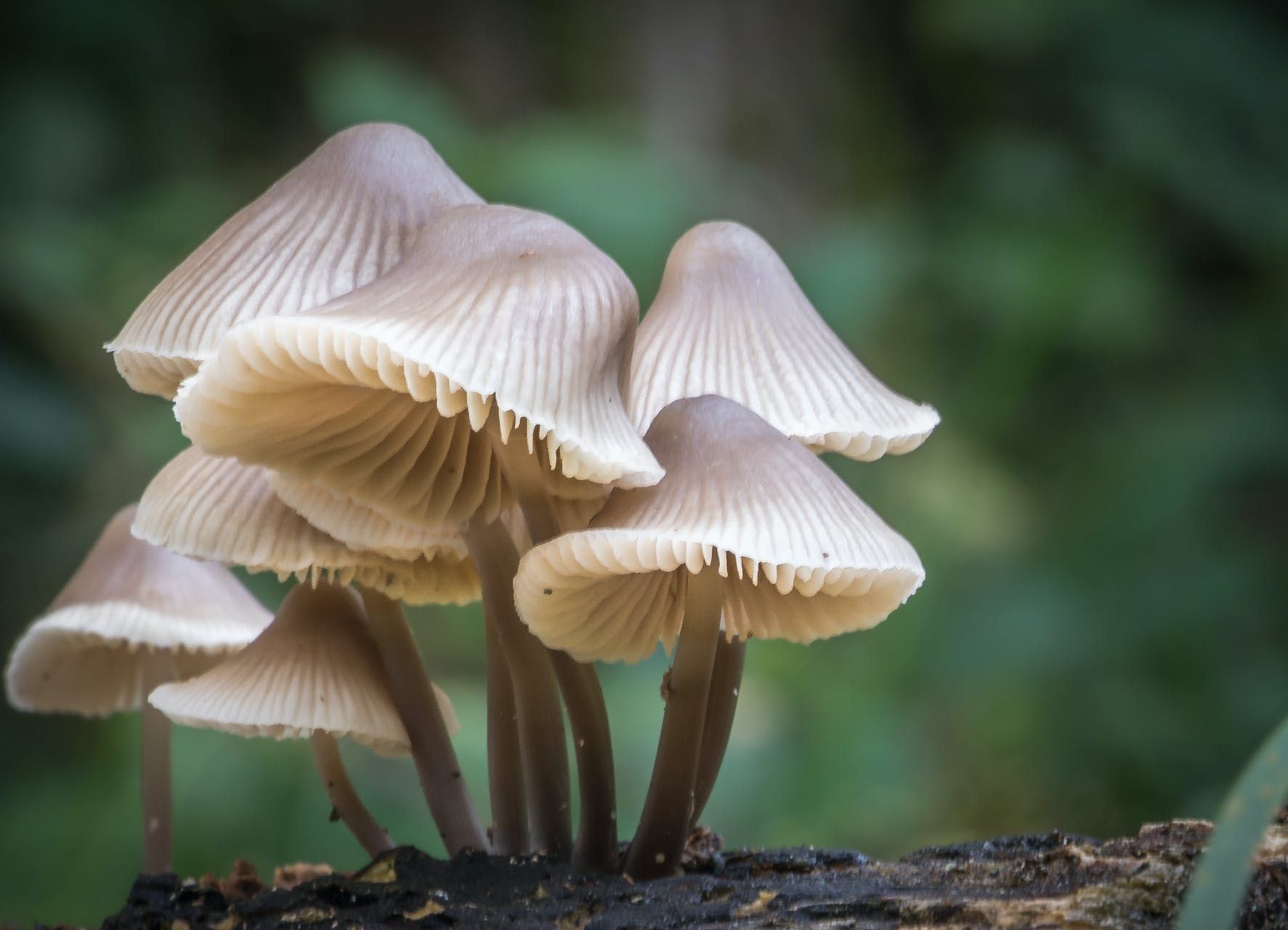Fungal infections aren’t something that most people like to talk about, but when they happen, they can feel extremely uncomfortable. While most folks opt for pharmaceuticals to treat fungal infections, alternatives are available. Many people, for example, have found that cannabidiol (CBD) products have helped them find relief from itchy and uncomfortable fungal infections.
Research is also increasingly backing up claims of CBD’s antifungal properties. We take a look at what that research shows and how you may be able to use CBD to treat fungal infections.
What, Exactly, Are Fungal Infections?
First, let’s talk about what a fungal infection actually is. A fungus is a type of microorganism, and there are actually estimated to be millions of different species of fungus, only a small fraction of which researchers have discovered and named. Fungi can be found just about everywhere, including in water, air, earth and the human body. Some of the most well-known fungi include:
- Mold
- Mildew
- Mushrooms
As is the case with many microorganisms, some fungi are harmless, while others can cause health problems.
A fungal infection is a type of bad fungus that occurs on the skin or within the body, and it can overwhelm the body’s immune response. Fungal infections are extremely common and include unpleasant conditions like:
- Athlete’s foot
- Ringworm
- Yeast infections
- Jock itch
Not only are they very uncomfortable, they’re also hard to get rid of.
Evidence Shows That CBD Helps Treat Fungal Infections
So, is CBD a reliable way of treating fungal infections? The good news is that we have a lot of indirect evidence suggesting that CBD and the cannabis plant in general likely have antifungal properties.
However, as is often the case concerning the medicinal benefits of a plant that has been illegal for so long, frustratingly little research has been done analyzing CBD’s direct effects on fungal infections. But with some anti-cannabis laws finally being relaxed, this is starting to change.
For example, a 2011 study published in the British Journal of Pharmacology showed that some cannabinoids have moderate antifungal properties, including:
- CBD
- Cannabigerol (CBG)
- Cannabichromene (CBC)
But, the study suggested that the three cannabinoids, which don’t produce a high like tetrahydrocannabinol (THC) does, may boost the effects of caryophyllene oxide, an extremely potent antifungal.
Also, many of the terpenes—compounds that give plants their unique aromas and flavors—in cannabis have also been found to have antifungal properties.
One study looked at essential oils containing the terpenes alpha-pinene and delta 3 carene, both of which are terpenes found in the cannabis plant. This study found that both of the terpenes—and delta 3 carene in particular—had antifungal benefits.
And a study of orange jessamine essential oil containing the terpene beta-caryophyllene—which is another terpene found in some cannabis strains—showed that it had moderate antibacterial and strong antifungal effects. Researchers also noted that the essential oil acted rapidly—in two to four hours—to kill the fungus.
This study is yet another indication that the wide array of compounds contained in cannabis have numerous health benefits, including as a potential fungicide.
RELATED: CAN THE TERPENE BETA-CARYOPHYLLENE BOOST CBD’S EFFECTS?
There are also many anecdotal accounts of people using CBD products to combat fungus. Of course, science is still trying to provide more clinical evidence of CBD’s health benefits, including its antifungal properties. That said, the indirect scientific evidence that has been gathered so far concerning other cannabinoids’ antifungal benefits as well as anecdotal evidence strongly suggests that CBD products hold promise as a potential fungicide.
How Can You Use CBD to Treat Fungal Infections?
So, what does all this research mean if you’re actually looking to use CBD to combat a fungus infection? Well, because we know that CBD isn’t the only cannabinoid with antifungal properties, you should opt for a full-spectrum CBD product.
A full-spectrum CBD product is one that includes many of the other cannabinoids, like CBC, as well as terpenes, that have antifungal benefits. CBD-isolate products, on the other hand, only contain CBD and no other cannabinoids.
Another reason for choosing full-spectrum CBD products is to take advantage of the so-called “entourage effect.” Individual cannabinoids tend to work best when they’re part of a team of other cannabinoids. Specifically, research has shown that terpenes help carry major cannabinoids, like CBD, through the bloodstream. This entourage effect helps ensure your body is getting the full benefits of CBD.
When seeking out full-spectrum CBD products, you can use oils and topicals that can be applied to the infection itself. Usually, you can find out from the ingredients list whether the product contains full-spectrum CBD.
Ideally, the product should list all of the cannabinoids and terpenes that it also contains. But if you can’t find the information you’re looking for, you can always request the lab results from the company in question.
If the company doesn’t have lab results or can’t tell you anything about the tests its products have gone through, it may be best to move on to another product. To ensure you’re only using the highest-quality CBD products, always opt for ones that have been lab tested.
Photo credit: Original Moslert/Shutterstock.com
Want to try CBD, but don’t know where to start? Shop our selection of high-quality, lab-tested CBD products and have them shipped to your door. And if you have questions about CBD, ask them and our community will answer.






